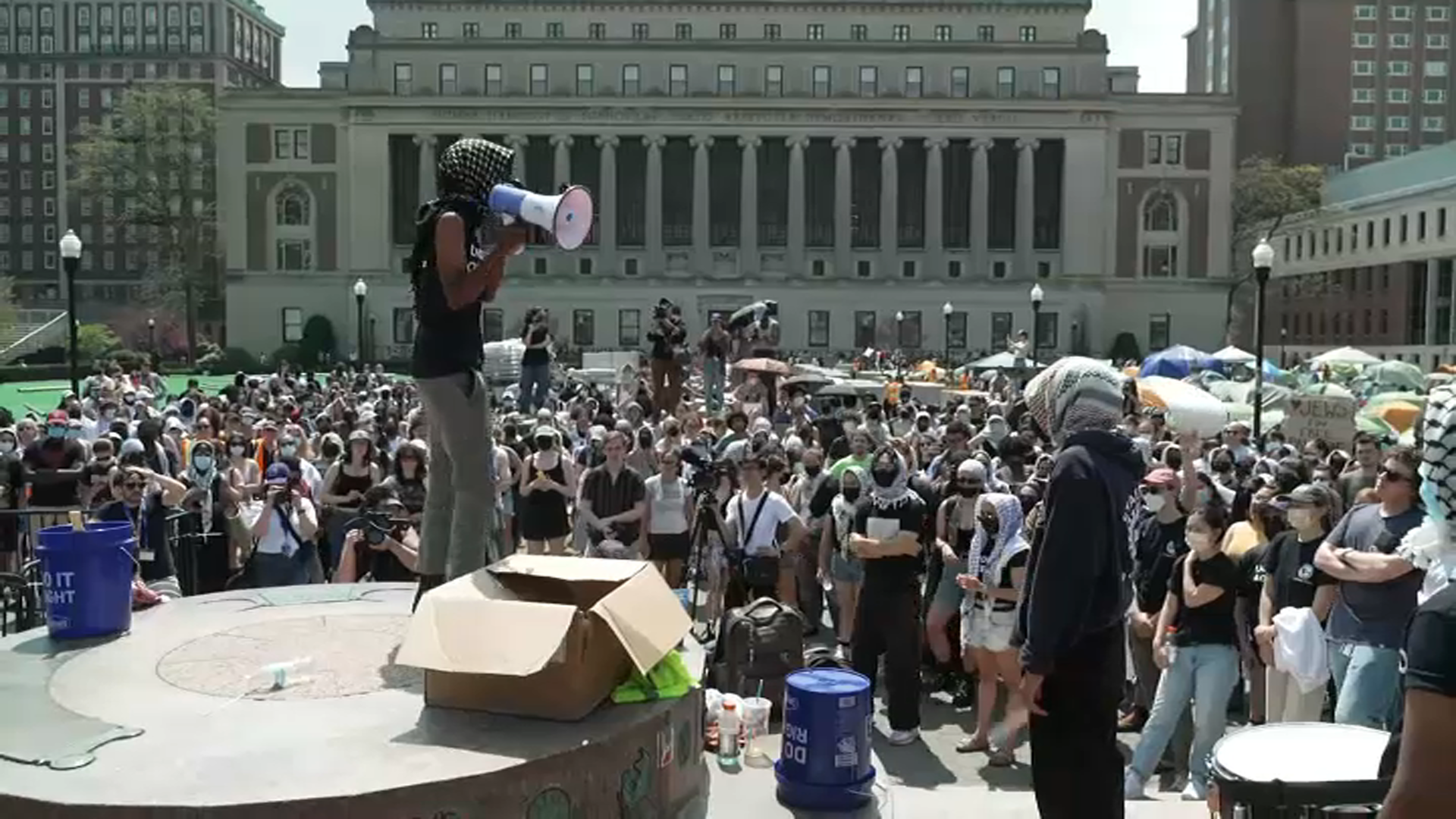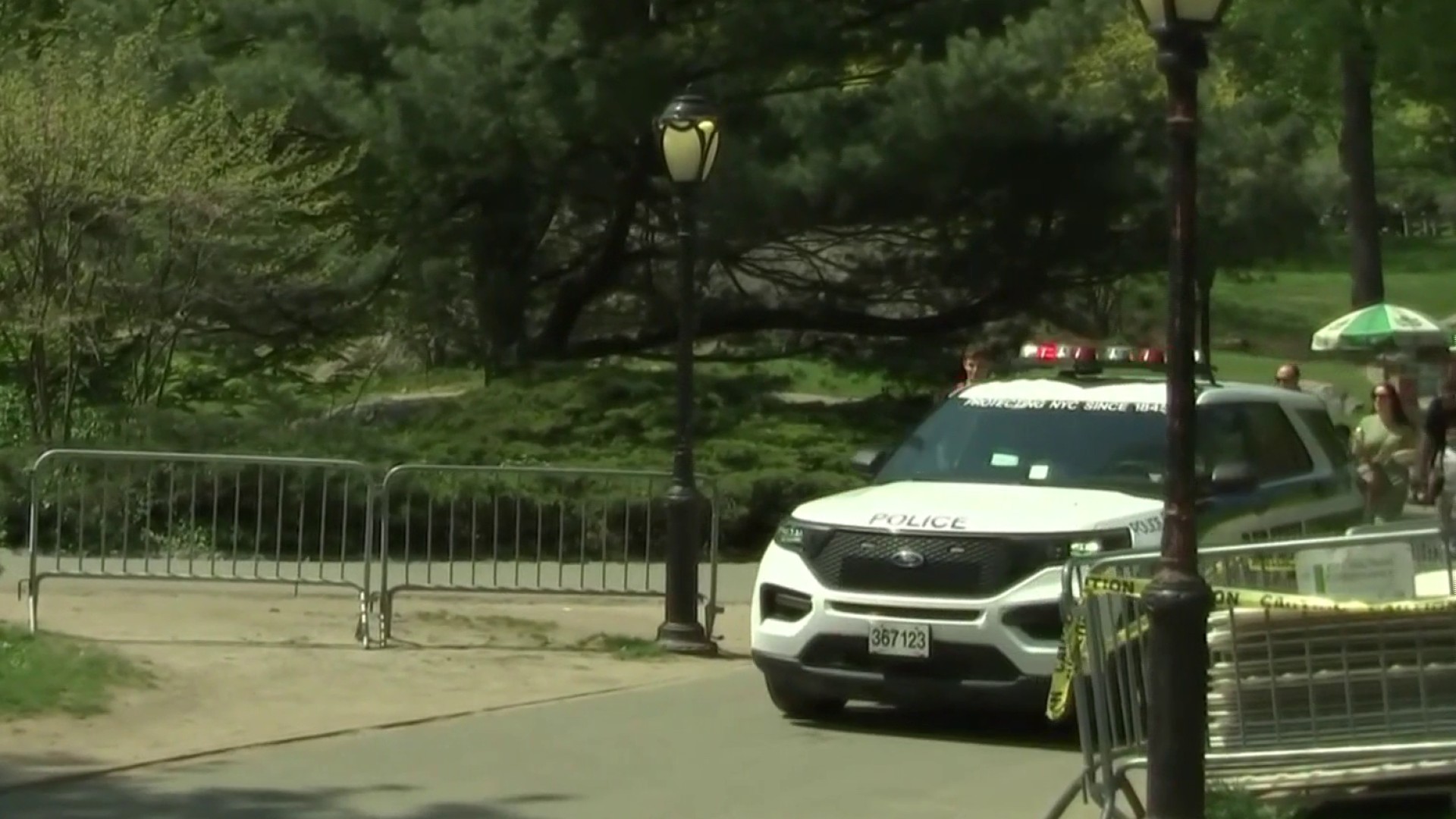What to Know
- The first NJ Transit fare hike in nearly a decade comes up for a vote Wednesday after NJ Transit's preliminary estimates for Fiscal Year 2025 found a budget deficit of $119 million
- The proposed hike is 15% starting July 1 of this year with a 3% annual increase afterward, taking effect July 1, 2025.
- Even though NJ Transit ridership has reached about 80% of its pre-COVID levels, the agency is entering its 5th consecutive year of ridership below pre-pandemic levels. This low ridership has resulted in the loss of nearly $2 billion in fares, according to NJ Transit.
NJ Transit's board convened Wednesday to vote on what would be its first fare hike in nearly a decade, a 15% increase that would take effect on the heels of New York City's controversial congestion pricing tolls, if all goes according to plan.
The transit agency's board of directors unanimously approved the fare increase for bus, train and even light rail riders, the first time its rates will rise in nearly 10 years.
The hike, which was initially proposed in late January, comes after the agency's preliminary estimates for Fiscal Year 2025 found a budget deficit of $119 million. The new prices would help close that budget gap, agency officials said.
Get Tri-state area news and weather forecasts to your inbox. Sign up for NBC New York newsletters.
NJ Transit has said it initially reduced some of its projected budget gaps by making $44 million in cost reductions, along with an additional $52 million in revenue enhancements. Agency officials also noted that the plan does not call for service level reductions.
The proposal called for a 15% hike taking effect July 1 of this year -- congestion pricing is supposed to start June 15 -- and then a 3% annual increase indefinitely after that starting on July 1, 2025.
Wednesday's vote would also eliminate the FLEXPASS discount.
News
According to the agency, since 2015 "NJ Transit has held the line on fare increases" while adding additional service on more than 100 bus routes. Since then, the agency says, inflation has increased by more than 30%, which has impacted operational costs, contracted services, contractual wage increases of around 10,000 of the agency's employees and healthcare costs -- the latter increasing 47% during this time.
On top of the inflation, NJ Transit said costs to run bus and rail service have gone up as well.
The hike calls to preserve service at current levels for the next fiscal year but offered no guarantees for the following years — meaning there could be cuts to service in the future.
Here is an example of the proposed fare increase:
| Travel Mode | Current One-Way Fare | Proposed One-Way Fare |
| Bus (One-Zone Local) | $1.60 | $1.80 |
| Bus (Intestate to NY) - Jersey City to PABT -Toms River to PABT | $3.50 $21.25 | $4.00 $24.00 |
| Access Link Base Fare (*based on comparable bus fees) | $1.45 | $1.65 |
| Newark Light Rail | $1.60 | $1.80 |
| HBLR | $2.25 | $2.55 |
| Rail -Philadelphia to Pennsauken - Princeton JCT to PSNY | $4.25 $16.00 | $4.85 $18.40 |
Officials have known for a few years that they would run into this fiscal dead end. Even though NJ Transit ridership has reached about 80% of its pre-COVID levels, the agency is entering its fifth consecutive year of ridership below pre-pandemic levels. This low ridership has resulted in the loss of nearly $2 billion in fares, according to NJ Transit.
Despite NJ Transit using federal COVID relief funds over a few years to offset the loss, the funding will be exhausted in Fiscal Year 2025, the agency said.
Critics blasted the state for not acting sooner to prevent passing on the cost to riders.
Hundreds of people spoke out against the plan during a series of public hearings on the issue last month.



